Authors: Prof Flávia Porto*, Prof Nádia Souza Lima da Silva* and Prof Jonas Lírio Gurgel***Institute of Physical Education and Sports, State University of Rio de Janeiro (UERJ) 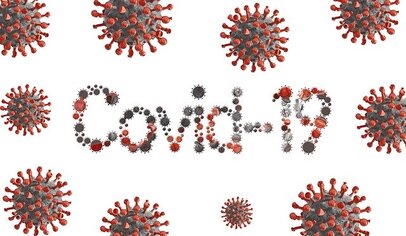 There are few known coping strategies for dealing with the coronavirus pandemic (COVID-19), but social isolation stands out. While this provides an effective way to reduce the spread of the virus, it also brings a range of problems for individuals and families, especially the elderly, such as limiting their in-person participation in health promotion programs. In a society highly connected through the Internet, a large number of seniors form part of the group that is digitally excluded, showing greater resistance to the use of digital technology tools. The current situation has imposed changes in our behaviour, serving as a catalyst for alterations in everyone's habits and leading to increased use of digital tools in order to mitigate social distancing. In this context, it is essential for health maintenance that physical exercise programs are continued during social isolation, particularly so for the elderly population, and should be part of public policy. Given this scenario, telehealth resurfaces as an instrument for health promotion and prevention, which are even more essential in the current situation. The strategy of using digital tools, like videos and web conferencing, enables continuity in physical exercise health promotion programs, which are essential to overcome the disuse imposed by confinement. In this sense, we would like to share our experience of using telehealth for the continuity of the program Elderly in Movement: Maintaining Autonomy (IMMA). How did IMMA come about? On October 17, 1989, Professor Dr. Alfredo Gomes Faria Júnior (22/08/1937 - 11/06/2019), Doctor Honoris Causa from the University of Porto, created the IMMA Project, which offers regular and free physical activities and assessments to people over 60 years of age, at the State University of Rio de Janeiro (UERJ), Brazil. It was a little early at that time to be thinking about the ageing process experienced by retired people in our country. The Brazilian demographic pyramid and entire socioeconomic context back then showed that caring for older people "was not important”. Times have changed and scientific evolution and world society has proven that longevity can (and should) be accompanied by more autonomy and quality of life for the individual. The creation of the IMMA was one of the historical milestones in Brazil, disrupting the thinking about health promotion for the elderly, predicting that, yes, these people would retire, but they would still be a part of society and, therefore, should be included. With a great chronological leap, IMMA continues to innovate and try to include the elderly in a society that is once again discussing the importance of older people in the composition of our community. When Brazilian President Jair Bolsonaro proposes vertical isolation, i.e., the elderly remain at home without contact with younger members, who can continue generating the necessary wealth for the country; and when recent speeches by the new Minister of Health suggest that if faced with a choice between saving an elderly person or an adolescent, priority should be given to the young for economic reasons, it is time to return to defending the portion of the population that is most vulnerable. The IMMA in current times This new coronavirus has left us living in a time of crisis and local authorities are asking us to remain isolated at home whenever possible, and for this reason, activities at the UERJ have been suspended. Nonetheless, given this scenario and considering the importance of its students remaining physically active, the IMMA decided to continue functioning. In an innovative way, physical activities always guided in person, in addition to "live" hugs and greetings, gave space for a greater exchange of messages via WhatsApp. The IMMA team's major concern was to minimise the functional losses that physical inactivity could cause in the elderly, both from a cognitive and physical point of view. Therefore, daily cognitive games were initially proposed, giving the team the necessary time to set up the training routines to be performed at home by the elderly. Participation was immediate, interaction was great, and everyone’s mood lifted in these times of uncertainty. Good-humoured reports and thanks also came from family members of the participating elderly. After the round of cognitive games came the first physical exercise classes, which were joined by parents of the Physical Education students, members of the IMMA team, who served as models in their videos and instructional photos (as a university project, it is worth mentioning that the IMMA serves as a field of pedagogical activity for Physical Education academics at UERJ). The adherence of participants was inspiring, especially as the elderly began to send videos and photos of their individual routines. Finally, in these confusing and difficult times, the IMMA continues to maintain its social commitment, innovating, stimulating and contributing to the health and quality of life of its users, demonstrating that we can unite, even at a distance, to combat the adverse effects of confinement. Comments are closed.
|
Welcometo the InnovaSpace Knowledge Station Categories
All
|
InnovaSpace Ltd - Registered in England & Wales - No. 11323249
UK Office: 88 Tideslea Path, London, SE280LZ
Privacy Policy I Terms & Conditions
© 2024 InnovaSpace, All Rights Reserved
UK Office: 88 Tideslea Path, London, SE280LZ
Privacy Policy I Terms & Conditions
© 2024 InnovaSpace, All Rights Reserved
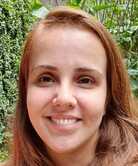
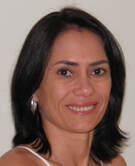
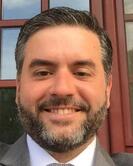
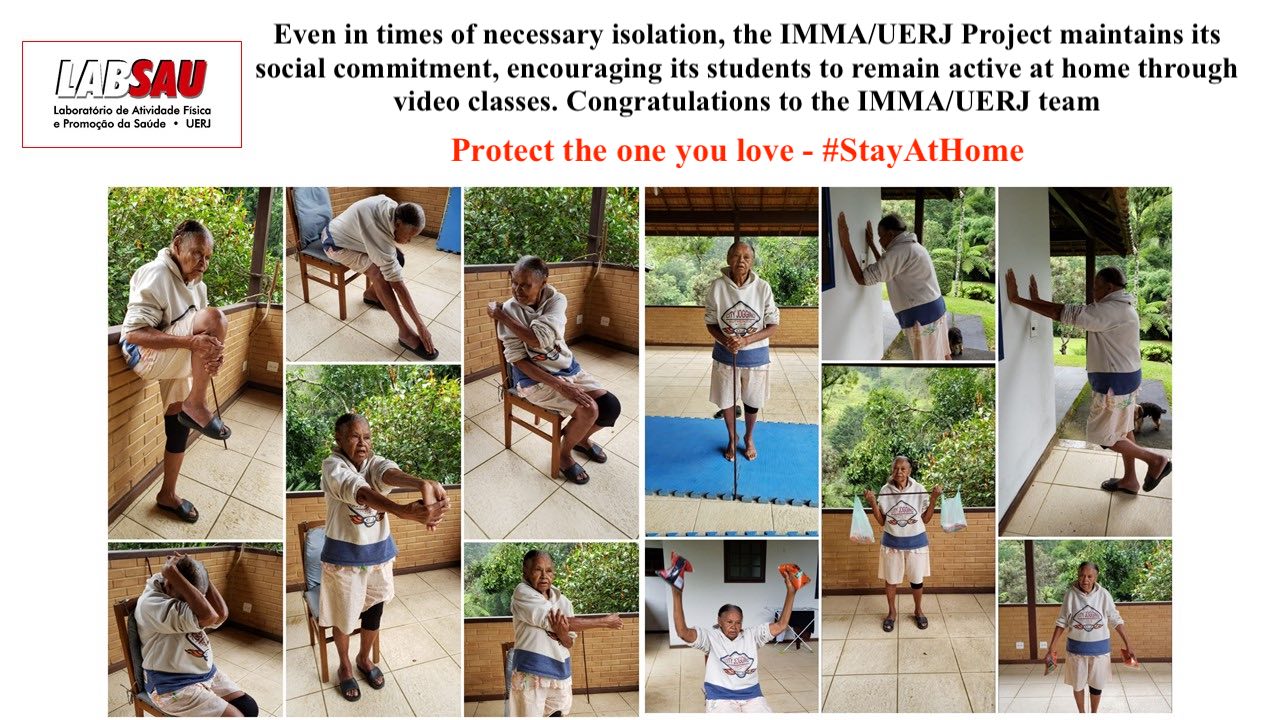

 RSS Feed
RSS Feed